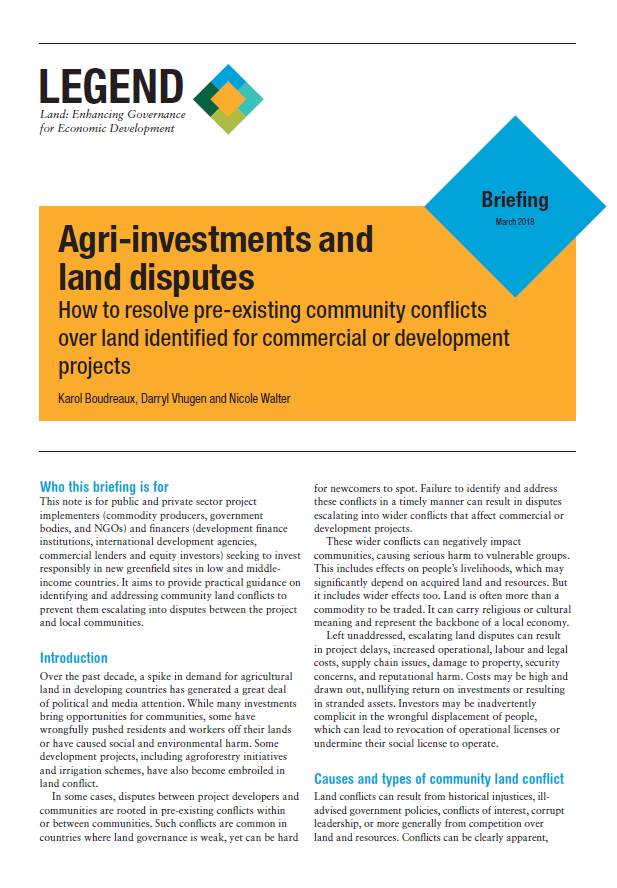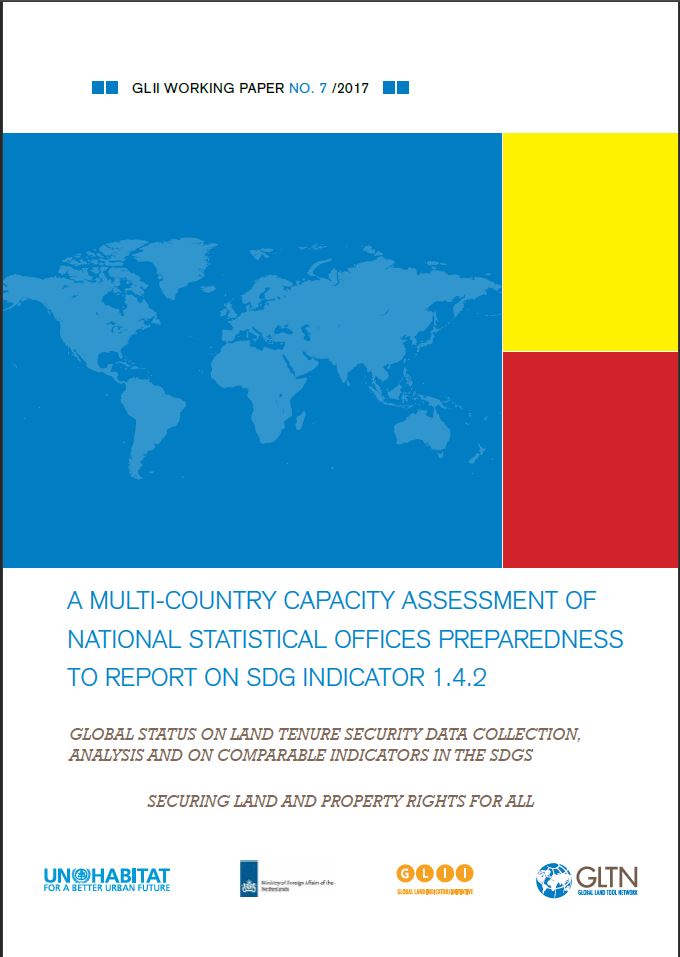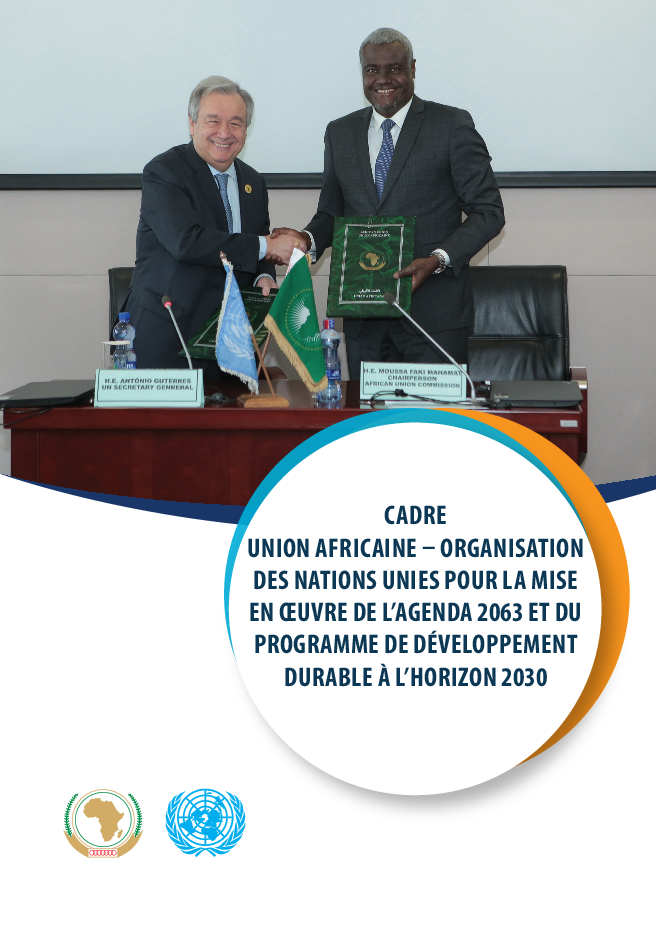Nested Interconnection: Transgressing Community-Based Natural Resource Management towards Innovating Collective Landscape Mobilization. A case of Boonrueng Wetland Forest Conservation against Land Conversion for Special Economic Zone in the North of Thail
This is a case about innovative approach of Boonrueng wetland forest conservation against land conversion for Special Economic Zone. Boonrueng wetland forest is the largest seasonal flooded forest in the Ing watershed located in the North of Thailand. It provides the high ecological functions and qualities of the tributary in the downstream Ing River, out-flowing into the Mekong River. The conversion of land for the economic regionalization in Chiang Khong district is geared up in 2015 and Boonrueng wetland forest was identified as an area for Special Economic Zone.





